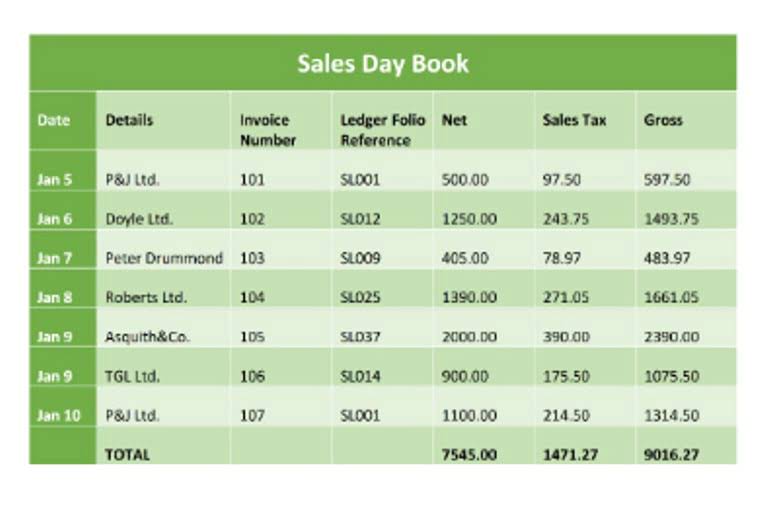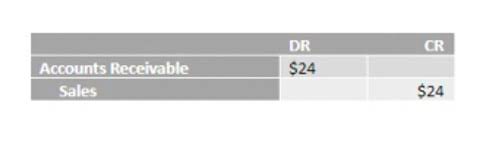
Outstanding checks are those that have been written and recorded in cash account of the business but have not yet cleared the bank account. This often happens when the checks are written in the last few days of the month. An outstanding outstanding checks check is a check payment that has been recorded by the issuing entity, but which has not yet cleared its bank account as a deduction from its cash balance. The concept is used in the derivation of the month-end bank reconciliation.
Factors Leading to a Check Remaining Outstanding
An outstanding check remains a liability of the payer until such time as the payee presents the check for payment, which then eliminates the liability. An outstanding check is when the payee neglects to cash or deposit a check (or https://www.bookstime.com/ the check gets lost). This means the check does not clear and does not show on a month-end bank statement. Outstanding checks are a liability for the payee, but once deposited, they are reconciled against the recipient’s account.

Do Cashier’s Checks Clear Immediately?
- This is done to confirm every item is accounted for and the ending balances match.
- With banking activity becoming increasingly electronic, another way to avoid writing a check and forgetting about it is to use the checking account’s online bill pay service.
- A check becomes outstanding simply by not being cashed or deposited.
- After all, you still owe the money, and you’ll have to pay it sooner or later.
- If a payee receives a check and does not present it for payment at once, there is a risk that the payer will close the bank account on which the check was drawn.
- The concept is used in the derivation of the month-end bank reconciliation.
If you still have contact with the person or entity to whom the check was written, let them know. If you cannot reach them or they have lost the check, you should issue a stop payment order and may need to write a new one. Bonnie Honeycutt is a New York Times best-selling editor who also works as a freelance journalist, ghost writer, and writing coach.
Ways to Avoid Outstanding Checks?
As a result, the payee could get charged their own overdraft fees if they were counting on that money and spent it. Checks are simple financial tools that depend on both the payor and payee to take action to complete the payment. Outstanding checks refer to checks that have been issued to a recipient but have not yet been cashed by the recipient or the recipient’s bank. In other words, the person or company that issued the check is still waiting for the value of the check to be withdrawn from their account. Outstanding checks are deducted from the bank’s balance in the reconciliation process because the bank would not yet know about them or have deducted them from the account. Last, outstanding checks might have an impact on management of the cash flow.
- This period can range from 60 days to six months.Sometimes a payee forgets about the check or loses it without notifying the payor.
- The statement also includes bank charges such as for account servicing fees.
- The payee will find the money didn’t arrive in their account, which could, in turn, even cause them to overdraft their own account.
- Outstanding checks can create discrepancies, complicating reconciliation.
- The check is still active and can be presented for payment, but it’s unaccounted for in the payer’s bank balance.
Check: What It Is, How Bank Checks Work, and How to Write One

Shaun Conrad is a Certified Public Accountant and CPA exam expert with a passion for teaching. After almost a decade of experience in public accounting, he created MyAccountingCourse.com to help people learn accounting & finance, pass the CPA exam, and start their career. • One of the major ones is that it bounces by the time an attempt is made to deposit it. This is one of the reasons why knowing what to do if a check bounces is important. ◦ Once voided, be sure to mark the old check as voided in your checkbook.
- • You may wind up being charged overdraft fees and non-sufficient funds (NSF) fees if the outstanding check is deposited and then bounces.
- A financial professional will offer guidance based on the information provided and offer a no-obligation call to better understand your situation.
- The receiving bank often stamps the back with a deposit stamp at the time it is deposited or cashed, after which it goes for clearing.
- This can be a challenge for both consumers and small business owners, because enough cash must be kept in the account drawn upon to cover outstanding checks until they are cashed.
- A returned deposit item fee is charged when you deposit a check in your account that bounces.
Most banks will continue to honor checks for the full 180 days, but that isn’t guaranteed. To prevent problems, you should cash or deposit a check promptly after receiving it. Like business checks, personal checks are generally considered invalid after six months (180 days). Outstanding personal checks can cause budgeting problems, but you may have an easier time reminding a friend or family member to cash a check than a business payee. If they do this in a timely manner, the check clears, and the payment gets transferred from the payor’s bank account to the payee’s bank account. You can tell if a check is outstanding by reviewing your online bank account.
When the check reaches this expiration date, it is no longer valid, and the bank the check was written from may not honor the payment. Even if this policy isn’t written on the check, most banks have policies around check expiration. Ask the check’s originating bank if you’re unsure of how long you have to cash or deposit a check. However, if the payee delays depositing the check, then the payment does not clear the payor’s account.
Can You Cash Voided Checks?

If they haven’t received the payment, this may nudge them to notify you to reissue the check. A check with “void” written on it means no one can cash or deposit it. A check can also be considered void if it’s missing critical information or goes through the escheat process.
If more than six months have passed, that check may well be expired and considered void. A new check would have to be written or another method of payment could be used. Another option is to request a stop payment on a stale or voided check to ensure no one can cash or deposit it. This may be necessary if you’ve waited months or longer and can’t get closure for the check. Anytime you make this request, mark it in your accounting software or ledger as «canceled.» Doing so allows this money to be made available again. If the check is older than six months, the check may be stale or void.
Stop Payment
The receiving bank often stamps the back with a deposit stamp at the time it is deposited or cashed, after which it goes for clearing. Once the drawing bank receives the check, it is stamped again and filed. Checks are generally written against a checking account, but they can also be used to move funds from savings accounts and other types of accounts. A check is a bill of exchange or document that guarantees a certain amount of money.